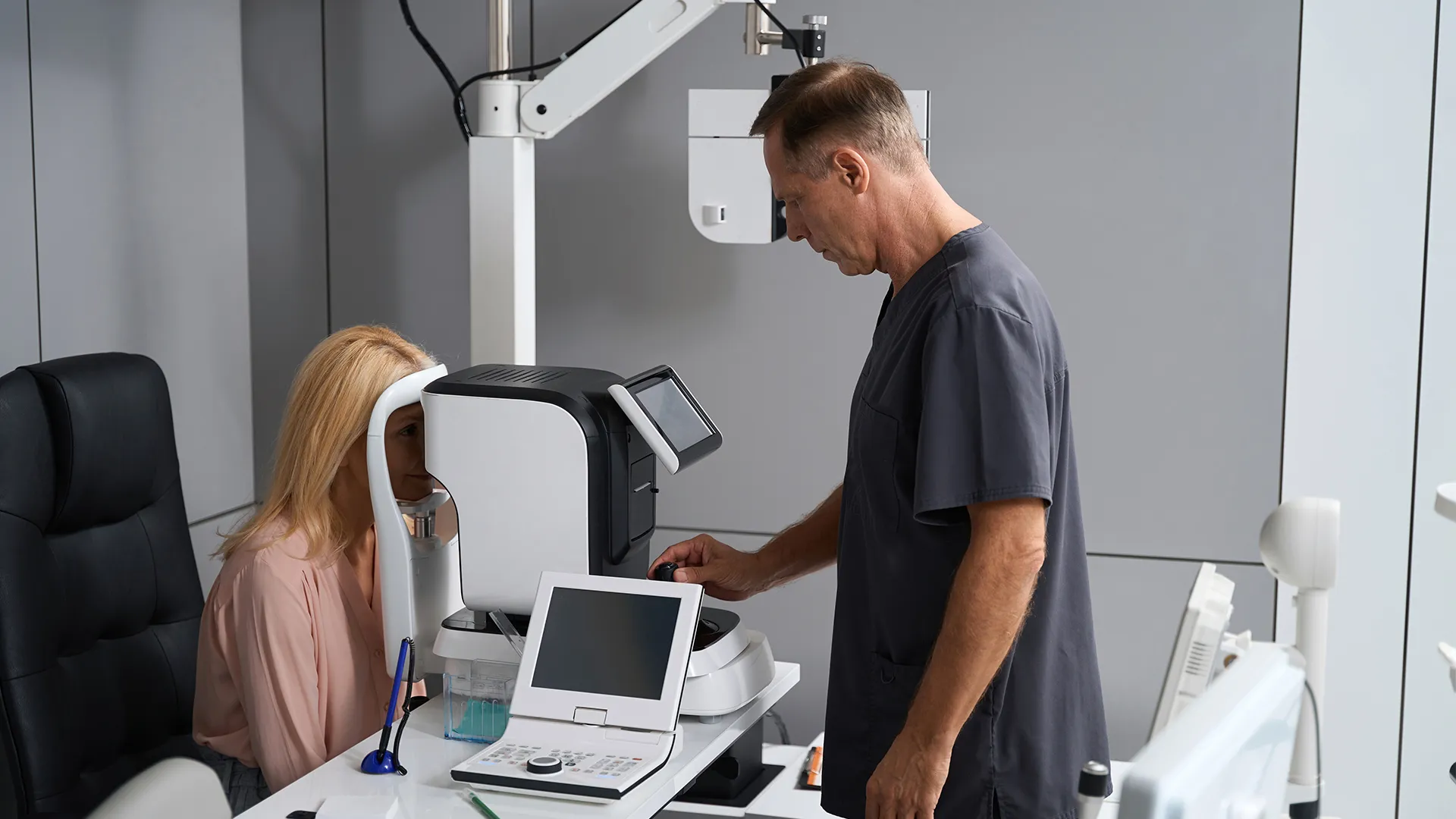Categories
The goal of expertly performed LASIK is to reduce the disparity between expectations and reality to zero. That means achieving an outcome as perfect as possible. But just as important, knowing what result to expect will determine whether your results are thrilling or disappointing. It is possible to achieve the best obtainable result and still end up sad. In those cases, it isn’t the surgery that failed a you, it’s the surgeon. A lack of communication causes a disparity between expectations and reality far more often than a lack of technology. And we can be sure the lack of communication wasn’t because of you, because you’re the one reading this and that makes us good friends — so we stick up for each other.
The proper expectation for LASIK results is directly dependent on what the diagnostics and testing reveal during a consult. I’m sure I’m not giving you shocking news when I tell you that some eyes can achieve better vision than others. There are folks long-blind from an old injury, and in some cases, an eye surgery can give them vision that allows them to navigate a room. They may still be legally blind on an eye chart, but that eye surgery was nonetheless a miracle for them. On the other hand, there are a lot of people who have eyes capable of truly amazing vision, but held back only by refractive error. Their miraculous outcome can result in eyes that see better than 20/20, and even better than they did in glasses. Knowing what’s possible is the reason for a consultation. It gives us a glimpse at the potential, and then you can decide what to do with that information.
As a brief aside, there are people who are naturally better than 20/20, or even better than 20/15. They decide they want an eye surgery that will sharpen up their better-than-20/15 vision to an even more superhuman level. These are people who should have their expectations set as early as possible — that they will be told to go volunteer to help the homeless — because sometimes being very naturally gifted skews perspective and creates unrealistic expectations. LASIK is a terrible cure for being too gifted. This example isn’t hypothetical; I see about one patient per month like this.
In case all of this discussion about what results to expect is too abstract to be helpful, here are a few baseline suggestions for expectations.
You should expect to see as well as your eyes can see, but not better than that.
If you see 20/25 with the best pair of glasses possible, then LASIK may only get you to 20/25. LASIK can sometimes improve vision past what glasses could, but it is always safer to expect to be the rule rather than the exception.
You should expect not needing glasses when you’re done.
That may seem obvious, but it’s actually a little more controversial than it looks at first glance. It could be misinterpreted as saying, “LASIK should guarantee you won’t need glasses.” But guarantees are silly in any procedure involving human healing. It still stands that if your surgeon doesn’t feel comfortable saying you can fully expect not to need glasses, you may want to hold off on LASIK or find a different surgeon.
You should expect to be happy with your vision.
Most of the time, that happens immediately and automatically. Some of the time, it requires more work to get there. If the vision is fluctuating, or difficult in some situations, or problematic in some other way, it doesn’t mean you should change your expectations. It just means you should change your timeline. You should still expect to be happy with your vision, just with a slightly more involved path to get there. This leads to our last expectation.
You should expect there’s a chance your recovery will be different than your friend’s.
Because of differences in human healing, there is inherent variability in any surgical procedure. That means there’s no such thing as “one treatment plan fits all.” Different eye drops or other follow up treatments are sometimes necessary to get to 100% of your goal. Everyone is different. People learn to expect seeing 30 different brands of shampoo to suit different needs for different folks. It stands to reason we can expect some people to have different needs in the immediate recovery time after LASIK. If you look a few aisles over in the supermarket, for instance, you’ll find as many brands of artificial tears as there are shampoos.
In closing, it’s probably good to point out that you should expect to be glad you chose to get LASIK. Between the details we can discern before LASIK and the treatment plans that can make your vision as good as possible, people have come to expect a lot. And that’s a good thing. The technology is good enough today that expectations vs. reality at a good LASIK practice can almost always be referring to the same result.
